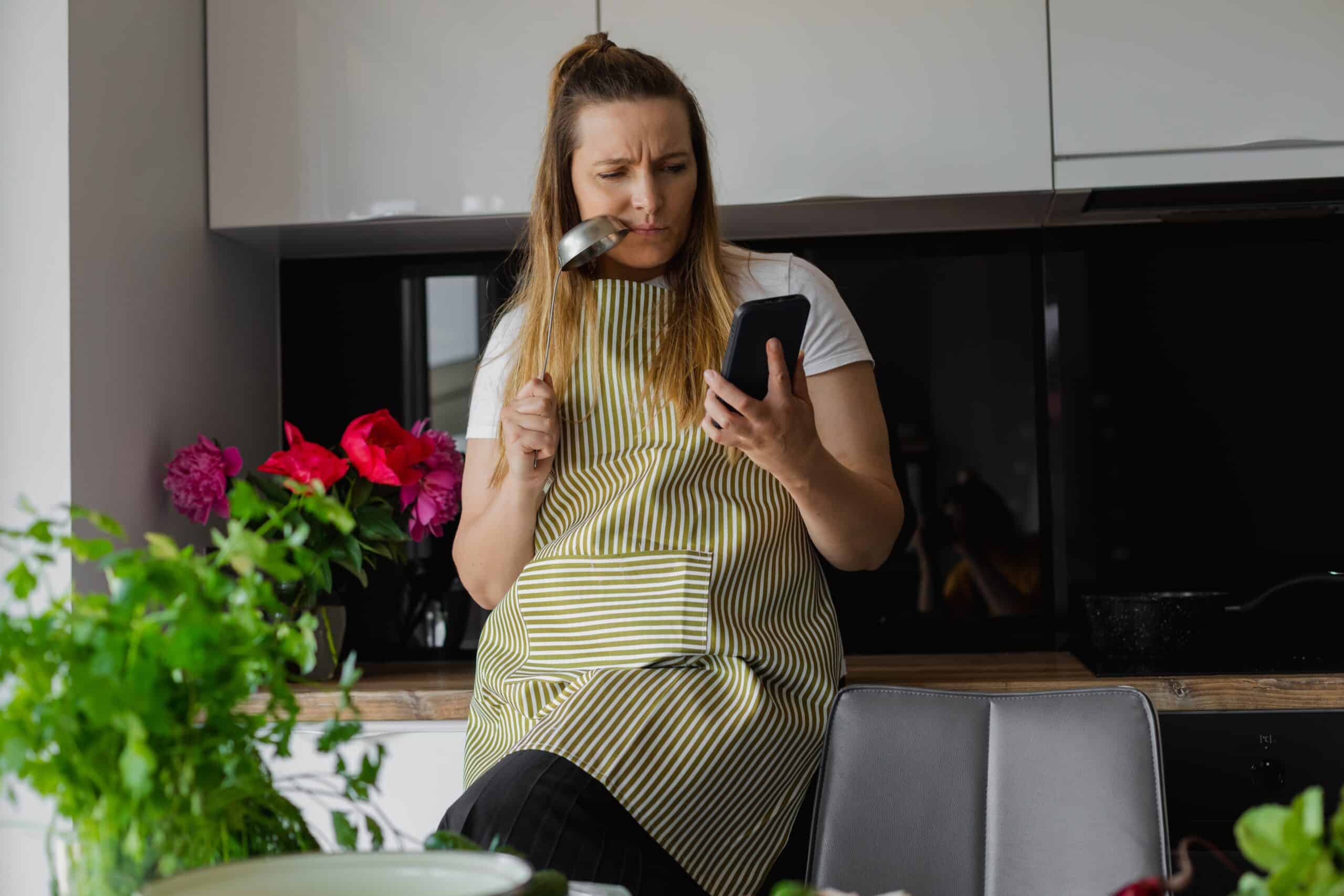Combating Seasonal Affective Disorder Over the Holidays

By Franki Hanke
Sometimes you’d rather just lay in bed than trim the tree, right? Running the same schedule as our holidays, the decline in our daily sun can trigger a seasonal flair of SAD, or Seasonal Affective Disorder.
Combatting this collective drop in mood is possible, and doing so will help you enjoy the holiday season more.
What is SAD?
Sometimes compared to the “Winter Blues,” Seasonal Affective Disorder is a seasonal form of depression. It often aligns with the end of fall through winter when we get less natural light.
“If we’re doing less of the things that we enjoy, seeing people less often, spending less time outside, getting less exercise or less activity, all of those things are going to contribute to depression for some people,” explained Christopher Hagen a licensed psychologist as quoted by Saleen Martin.
Symptoms include
→ Feeling Sad, Off-Kilter, or Listless More Often
→ Decline in Self Perception
→ Low Energy, Lethargy, or Sluggishness
→ Insomnia or Issues Sleeping
→ Changes in Habits (Including Hobbies and Diet)
Even without a formal diagnosis, if you relate to the idea of a seasonal drop in your mood or well-being, the habits below can help. December is a stressful time with high expectations, so proactively taking care of yourself is essential.
If you’re experiencing thoughts of suicide or severely struggle to function day-to-day, reach out to your healthcare provider immediately. These suggestions shouldn’t replace medication or formal treatment.
How to Deal with SAD?
While SAD itself refers to a seasonal, winter shift in mood, you can combat it with many of the same healthy habits that stabalize your mood year-round.
Light Exposure
When we’re short on natural light, the more light you can get the better!
Get Outside
When there is sun, prioritize getting out in it. Invest in appropriate outerwear for your location, and spend time out in the sun. Sun exposure is even more effective shortly after waking to aid in your circadian rhythm.
A one-hour morning walk was found to decrease depressive symptoms by 50% in a 1996 study. So, play a podcast and get some steps in!
Adjust Your Sleep Schedule
When the clocks shift, try shifting your sleeping schedule too. Rise earlier to catch more of the early hours of daylight.
If you’re typically a late sleeper, make small adjustments toward your ideal wake-up time. Large changes won’t be sustainable in your morning routine.

Use a Light Lamp
What you can’t get naturally, you can augment with light exposure therapy. Research has been repeatedly verifying its efficacy since 1988.
We’ve compared all the existing rankings for the consistent top pick. With top recommendations from New York Times, NationalToday, and PsychCentral, we recommend the Carex lamp.
It has the recommended 10,000 LUX spectrum light with a flexible angle so you can position it high and aim down. It blocks 99.3% of UV light to protect your eye’s during use. The large size ensures exposure while using unlike smaller, travel-friendly lights that minimize your light’s range.
Get The Finer Life
Our Sunday email has tips and content you will love – exclusively for our subscribers.
"*" indicates required fields
To use your light lamp, add it to your morning routine. Opt for about thirty minutes in front of the light. You have to be awake, but you shouldn’t stare into the lamp itself. Consider stacking the habit with an existing practice like your morning coffee, a glass of water, or your morning emails. However, if your morning is hectic, some research has suggested time of day doesn’t matter.
Exercise
For holiday stress and winter blues alike, exercise is a powerful de-stressor. So, don’t wait for a resolution in the new year to kick up your movement routine.
For a double-whammy, try to implement exercise that’s outdoors during daylight hours for a double dose of light and movement together.
Be Social
Once you’re feeling holiday anxiety, it can be harder than ever to get together with loved ones. Instead, try pre-scheduling activities that will get you out of the house.
→ Join a volunteer group, local club, or support group.
→ Schedule activities ahead of time with friends, including your favorite holiday traditions.
→ Set up a recurring walk with a neighbor.
Having these activities on the calendar ahead of time can improve the likelihood of you attending.
Prioritize Properly
When you’re drowning in holiday parties to attend or social media feeds of sales to shop, it’s easy to feel like there isn’t time to take care of yourself or that you are doing good because it’s fun!
Sometimes self-care is the boring choice, but it’s the best one. So, take an extra hour to de-stress before you search for the perfect gift.
Enforce your priorities with healthy boundaries, which we talked about in our last article How to Say No During the Holidays.
Speak to a Psychologist
Even if you’re only experiencing the holiday blues without recurrent depression, a psychologist can help. You’re not required to have a diagnosable mental illness to seek therapy. As a mental health professional, your psychologist is uniquely informed to identify potential issues and collaborate on strategies to support you.
More than your family members, a psychologist is an informed checkpoint for problem-solving stressors this time of the year. Compared to light therapy, cognitive behavioral therapy was found equally effective in treating SAD, so don’t overlook the benefits!
For more intervention, speak to your psychiatrist about antidepressants as part of your mental health care.
The American Psychological Association has a locator for finding a therapist near you or you can refer to your health insurance website to find someone in plan. Many insurance plans cover mental health services.
What About Vitamins?
If you mention the winter blues at a family gathering, someone is going to suggest trying a Vitamin D supplement or a Melatonin gummy, but it’s not the best suggestion. Research has found limited well-supported evidence that melatonin or agomelatine prevent SAD’s symptoms.
If you’re interested in supplementing your diet, schedule a consultation with your primary care physician to ensure you’re not overdosing or introducing a conflict with existing medications.
This season is full of celebrations we look forward to all year, but seasonal depression can dose everything in disinterest. Don’t shoulder through this year, make a plan to feel better.
The above content may contain affiliate links. When you click and shop, we receive a small commission to support our writers.

Want a Free Guide?
You will receive our free 19-page guide and access to our exclusive content, private invitations, and tips you’ll love.
"*" indicates required fields
Facebook Group




